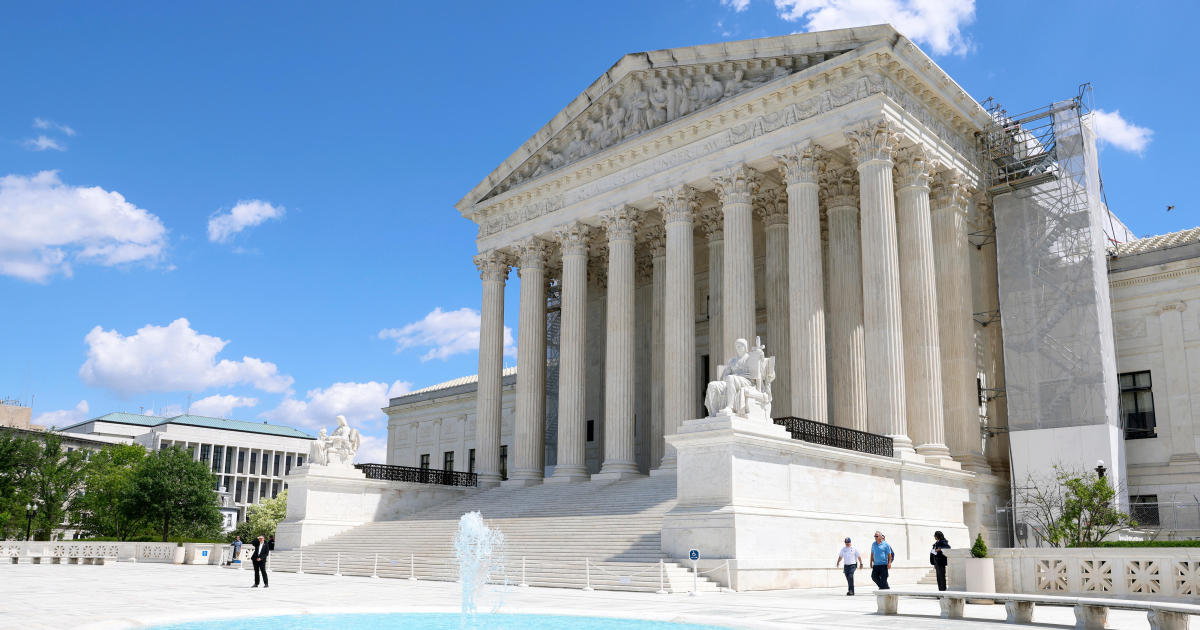
Supreme Court to consider Trump's claim of sweeping immunity in 2020 election case
CBSN
Washington —The Supreme Court will convene Thursday to consider whether former President Donald Trump is entitled to broad immunity from federal prosecution, jumping into a blockbuster dispute that will be critical to the fate of his 2020 election case in Washington, D.C.
At issue in the case known as Trump v. United States is whether the former president can face criminal charges for allegedly official acts while he was in the White House. The dispute, which arose from the federal prosecution by special counsel Jack Smith, is the second to come before the justices in their current term with significant consequences for Trump's political future.
The Supreme Court has never before addressed whether a former president is immune from criminal prosecution, and the outcome of the legal battle will determine whether Smith's case heads to trial. The court has a 6-3 conservative majority, and Trump appointed three of its members.
